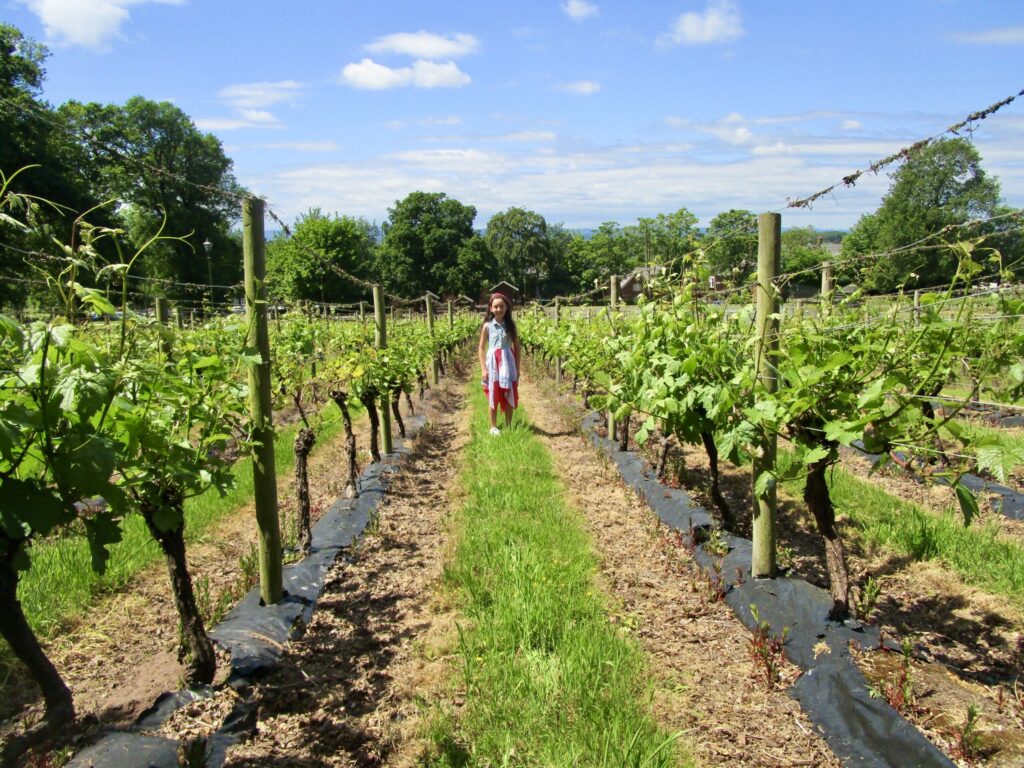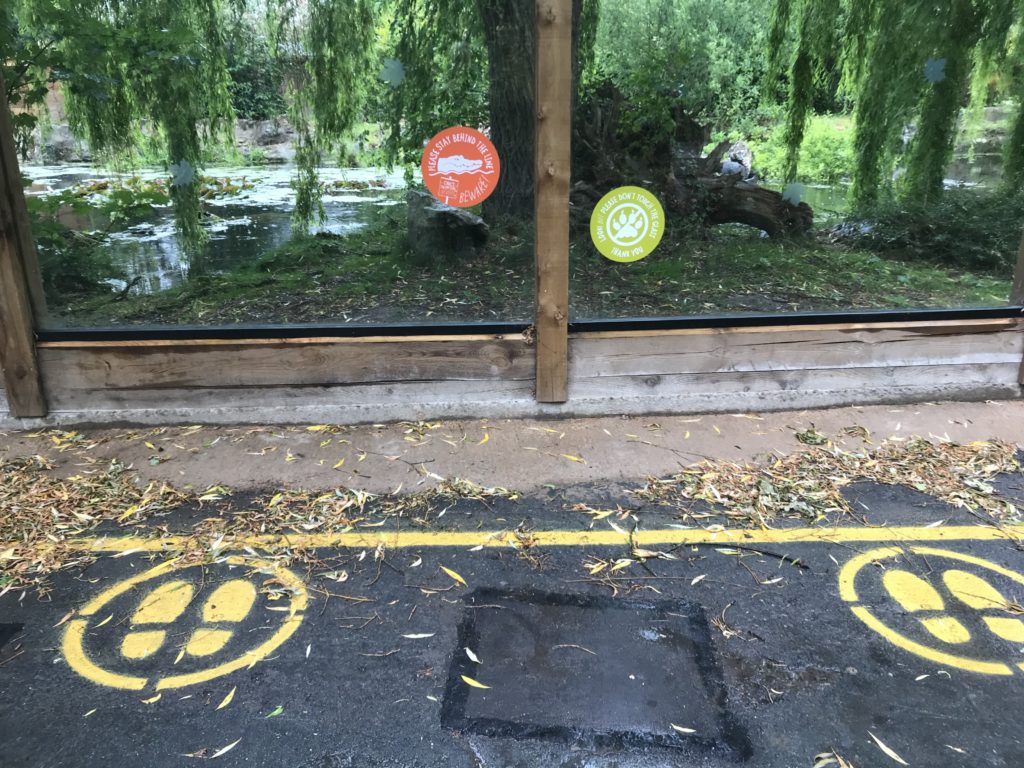The moment the gates swing open on Monday morning is one staff feared they would never see.
“We were three weeks away from closing down,” says Jamie Christon, Chief Operating Officer, pulling up the collar of his Chester Zoo fleece against a sudden downpour.
“I went through the four stages of grief in 48 hours. Then,” he smiles, “we decided to fight.”
Chester Zoo found itself threatened with extinction on June 1 when the government ordered it to remain closed indefinitely — despite having put measures in place to make visits Covid secure.
The subsequent fundraising campaign secured over £3m in a week to ensure the zoo, founded in 1931 and home to 135,000 animals, could be saved.
The public support contributed to the announcement by Boris Johnson this week that English zoos could re-open within a partial easing of lockdown measures.
“We had been haemorrhaging money since closing on March 21,” says Jamie. “It costs £0.5m per month to feed the animals alone.”
Fresh start
Mandatory online tickets (including those for members) are now on sale, although visitor numbers will be limited to 3,000 per day — compared to an average of 10,000.
But, while all three wildlife areas, plus the nature reserve, will be open, visitors will notice changes to comply with social distancing.
So, what to expect? I’ve come to Chester Zoo for a preview.
Beyond the gates, I find a series of 2m markers leading to self-scanning ticket booths and the first of 30 hand-sanitisation units on site.
A pressure-value system will operate at the entrance to manage numbers, Jamie explains, so ticket holders are advised to avoid the 10am opening queue.
Walking around the 128-acre site, we inspect some of the pinch-point measures installed at the more popular attractions, such as the elephant and giraffe enclosures.
New protective screens, regularly deep cleaned, stand between visitors and animals and stand-off markings on the floor indicate the line to stand behind.
Footsteps illustrate the viewing points behind the line to maintain social distance between visitors.
The new rules will take some getting used for both the visitors and animals. When we approach the Humboldt Penguins, splashing playfully in their giant tank, a couple swim over curiously.
“Some species, such as the penguins and giraffes, are very social animals,” explains Jamie.
“The eerie quiet of the zoo during lockdown has been disconcerting for us all.”
Day trip
If you’re making a day of it, then 12 kiosks are opening for take-away snacks and all the toilets will be open, albeit with queueing outside likely until a traffic lights system is installed.
The picnic benches have been strategically placed at 2m intervals.
All inside habitats and the gift shop will, however, remain closed for now. Some sections of the play areas for children are still roped off and the ATM is closed.
We finish our tour outside The Oakfield pub, the restored former family home of zoo founder George Mottershead.
It’s also closed, although the beer garden may open in coming weeks as Government regulations evolve.
It may be a while, however, before visitors are allowed back into the cosy library room to admire the archive of Mottershead family photographs over a pint of Deuchars IPA.
Despite the clear markings, the main challenge, I find, will be enforcing social distancing.
This task falls to some 100 furloughed staff who have returned to work, many retraining as welcome staff with a “friendly but firm” brief to ensure visits remain safe.
Looking ahead, there are plans to extend the opening hours to include two weekday evenings until 8pm, plus cheaper afternoon-only tickets as visitor numbers are slowly increased.
The zoo will also run more of the virtual-tour days that proved so popular online during lockdown.
Picnic time
Jamie will be there to open the gates on Monday morning and is hoping for blue skies, the re-opening ensuring the zoo’s conservation work in 40 countries worldwide can now continue.
“My advice is to bring a picnic and make use of the new outdoor spaces. We’re delighted to welcome people back,” says Jamie, who is planning a much-needed UK staycation for the autumn.
“After all, people power saved our zoo.”
Read more at Telegraph Travel.






